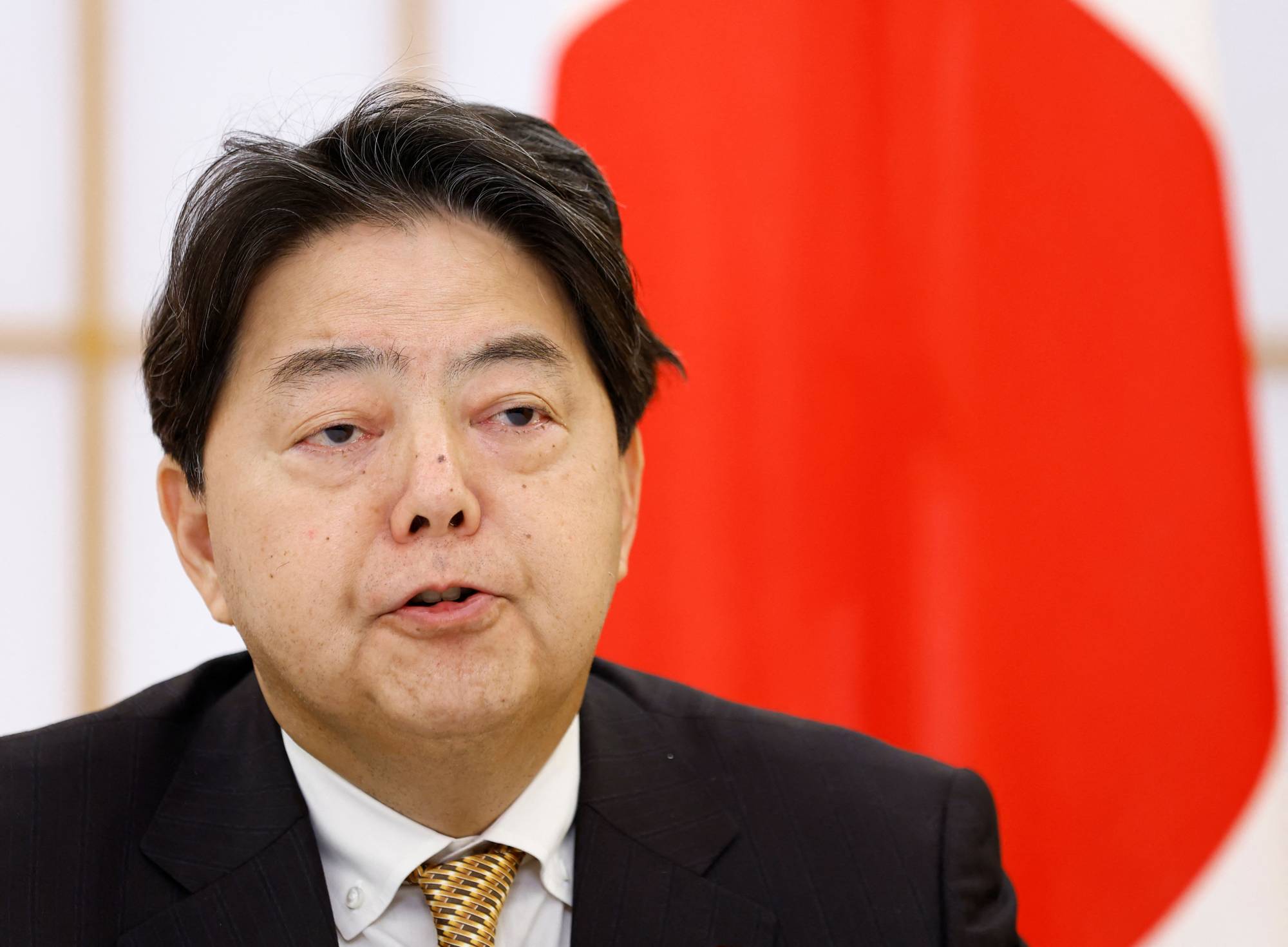Foreign Minister Yoshimasa Hayashi has set his sights on visiting China this weekend, in an effort to right foundering ties, as Tokyo presses for the release of a Japanese national detained by Beijing over alleged espionage activities.
If the plan comes to fruition, this would be the first visit to China by a top Japanese diplomat in more than three years after the eruption of the COVID-19 pandemic — and Beijing’s harsh response — halted diplomatic activities.
The two-day visit, which reportedly could begin Saturday, will be Hayashi’s first meeting with new Chinese Foreign Minister Qin Gang since Qin was named top diplomat in December, after serving earlier as his country’s ambassador to the United States. Qin is said to have invited Hayashi to Beijing during phone talks last month.

















With your current subscription plan you can comment on stories. However, before writing your first comment, please create a display name in the Profile section of your subscriber account page.